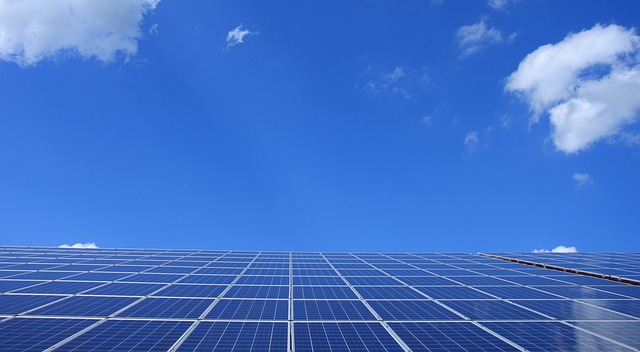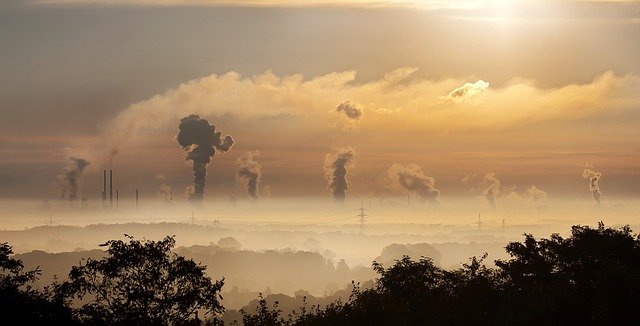Introduction
Solar Power: Solar power is defined as the conversion of heat into energy. The heat is the radiation coming from the sun.
For many years solar energy has been utilized by communities especially for drying, heating, etc. Currently, solar power is being used by solar panels that provide electricity. Solar panels are useful for remote places where there is no network for conventional electricity. It is cost-effective and environmentally friendly energy.
For more information, check out: What is Solar Energy? – Uses, Advantages, Disadvantages
Uses of Solar Power
Solar energy has many uses some of them are as follows,
- The solar cooker is used to cook food.
- Solar cells are designed to produce electricity.
- The solar heater is used to heat water.
- Solar power is used for drying clothes.
- Solar lights are used for streets, roads, etc.
- Solar energy is sued to heat homes and buildings.
- Above all solar energy is used by plants for photosynthesis that produces oxygen for living beings.
Advantages of Solar Power in Pakistan
Few advantages of solar power have been discussed here.
- The first and foremost important advantage of solar power is that it is based on renewable energy sources.
- There are many applications of solar power already mentioned in the uses of solar power, for instance, solar cooker, heater, cells, engines, etc. It can be used to produce electricity.
- By installing a solar panel system the electricity bill will be reduced.
- If solar panels are kept clean they require little maintenance.
You might also like: Why We All Should Move to Clean Renewable Energy
Disadvantages of Solar Power in Pakistan
The drawbacks of solar power are listed below.
- It is a weather-dependent technology. The working efficiency of the solar system is reliable during sunny days.
- The solar power-based system is quite expensive. It involves the cost of installation, wiring, batteries, inverters, and solar panels. This technology is still developing and might cost less in the future.
- The requirement of electricity is met by the number of solar panels. The installation of solar panels requires large areas. During night times solar batteries are used for electricity production. Larger batteries store more energy and these energy-saving batteries are expensive.
- The composition of solar panels includes hazardous material such as lead and it could cause environmental degradation when disposed of at landfill sites.
Solar Energy in Pakistan
Pakistan receives about 5.3 kWh/m2/ solar irradiance per day. A target has been set by the government of Pakistan to increase renewable capacity up to 10gigawatt before 2030. The diesel will be replaced with 10% biodiesel before 2025.
History of Solar Power in Pakistan
The first solar power on-grid plant was established in Islamabad on 29th May 2012.
The project initiated by the Japan International Cooperation Agency includes two photovoltaic systems with 178kilowatt capacity. These photovoltaic systems are installed at Pakistan Engineering Council and Planning Commission sites.
Also read: Renewable Alternative Energy Resources – Advantages and Disadvantages
Conclusion
The climatic conditions of Pakistan make solar energy a favorable alternative to nonrenewable energy sources that are often responsible for environmental pollution. The country is trying to utilize solar power by increasing solar energy-based power plants however the efforts are not significant. Various areas of Pakistan have solar power plants.
Recommendation
It is recommended that the government of Pakistan should adopt solar technology on a larger scale because it will help overcome the energy crisis in the country. Public awareness is important related to the use of solar energy and the importance of solar power panels.
Also, check out The Rise of Solar Energy in Pakistan
I hope you all liked this post! Please comment below if you have any suggestions, comments, or feedback! We at #envpk love hearing from our readers! Thanks!




